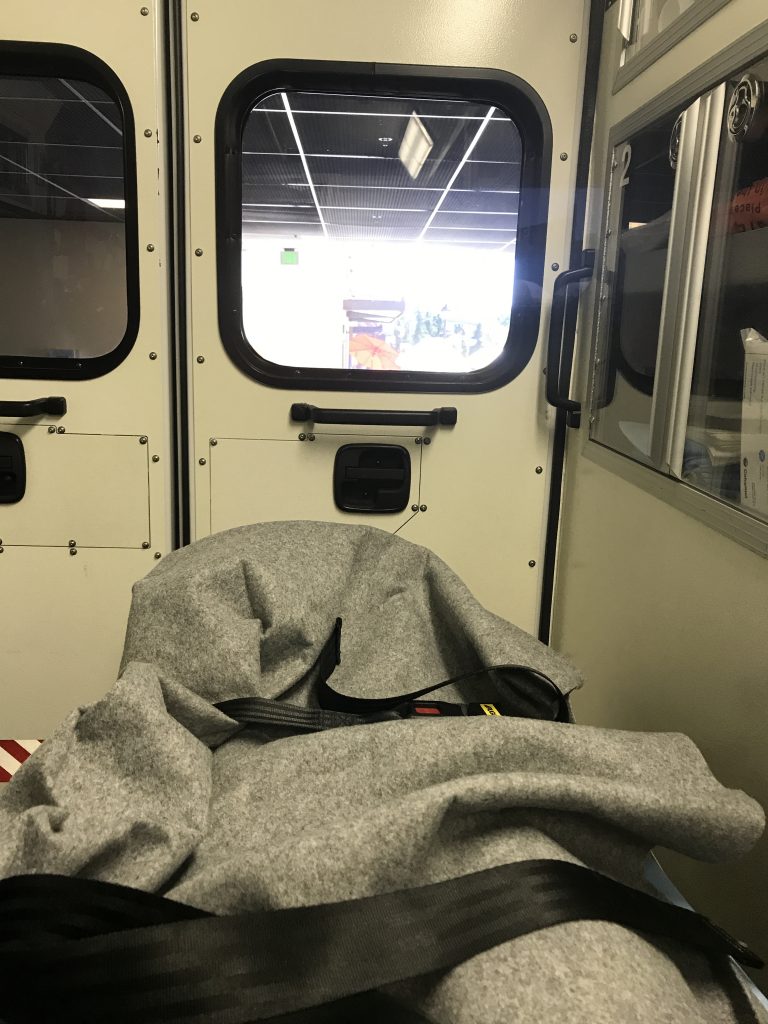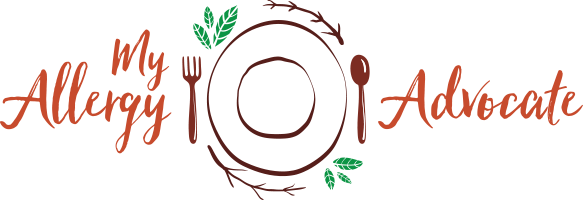
While reading the first chapter of Cynthia Li’s book, “Brave New Medicine: A Doctor’s Unconventional Path” (Sept. 2019), I found myself nodding and uh-huh’ing along as she addressed a room full of medical professionals. She presented a case study for them to ponder, asking the question, “If tests are normal, does a disease exist?”
Even if the tests come back abnormal, but the patient doesn’t respond — that is, the patient doesn’t return to what is known as pre-disease or pre-visit health, what does the average physician, trained in protocols and tests and treatments, do? How many would suggest to the patient that it might be a mental health issue? Who would the physician consider referring the patient to next — a neurologist, a psychologist, a physiologist?
If you are still tracking with me, then you or someone you know might have had the experience of being silently labeled as a “difficult patient.” In Nursing school, I wasn’t trained to think of patients as difficult. I was trained to think of patients as people who were someone’s child, someone’s spouse, somebody’s friend, someone’s parent. Whoever they were, they were sick and in need of my help.
No patient is ever told they are “difficult.” If anything, we could use words such as “challenging,”, “unusual,” or one’s disease process was, “atypical” or “out of the ordinary.” Yet the focus for nurses was not to blame the patient for having disease or dis-ease.
Yet, I can tell you as a healthcare provider, this label is real.
You can be summarily dismissed, your symptoms rejected, if the provider deems you a “difficult patient.” When you don’t behave within the norms of expected outcomes, if you have unexpected or negative responses to certain medications, if your medical chart begins to read like a bizarre horror novel, some providers may view you as a person best suited for a psychiatric eval instead of a longer intake and investigation of symptoms. Not to say that being sick with rare diseases and/or sensitivities doesn’t come without a toll on one’s mental health, yet vital clues as to what might bring a person towards greater health and energy might be missed simply because of the bias of a label you don’t even know you have been tagged with.
What Does It Feel Like
Feel free to explore any of these words if you have had (or suspect you have had) the experience of being labeled as a difficult patient:
angry, sad, lonely, lied to, cheated, burden, inconvenient, dramatic, drama queen, neurotic, crazy, conflicted, resigned, analyzed, resented
Some Thoughts To Ponder
I am only hoping to open some honest discussion around this subject, to listen, and then offer some suggestions when I’ve heard from more people. While I do have some opinion on the matter, I am in a listening mode to the experiences of others.
What I do understand in the nature of health care in America is that the hospital system of care in the emergency setting is primarily set up in providing medicine by protocol. The primary goal is to stabilize patients in medical crisis, and then refer them to their primary care physician or to a specialist for care by symptom.
Still, it doesn’t excuse some of the ways I see people with allergies, autoimmune disease, or chronic illnesses get treated as they head into the diagnosis and treatment phase of new or chronic symptoms. What I’d like to hear more about is how you or others you know have encountered this challenge and what you chose to do about it.
In the meantime, you might want to take a listen to a new podcast created by Kris Greiner, Chronically Badass. Many of the interviewees tell their diagnosis and treatment stories, and you can hear for yourself their own navigation of the healthcare world in order to get their needs met.




